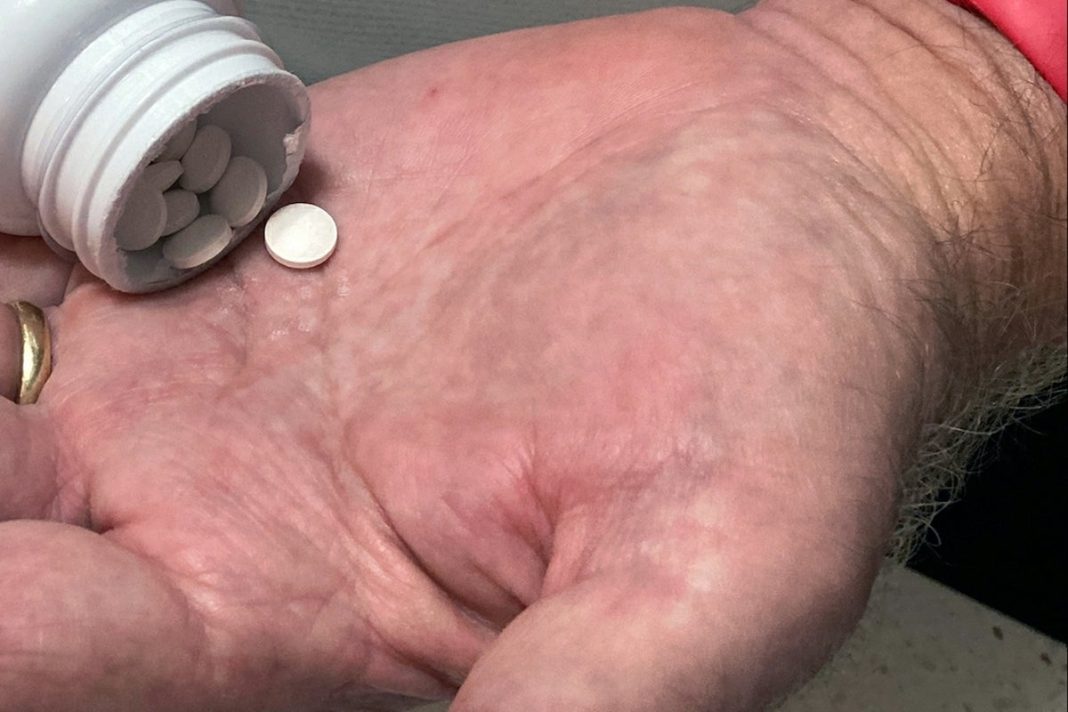Key Takeaways
- Long-term melatonin use linked to 90% higher heart failure risk
- Melatonin users were 3.5 times more likely to be hospitalized for heart failure
- Study analyzed 130,000+ adults with insomnia over five years
- Researchers caution against chronic use without medical supervision
A major new study reveals that prolonged melatonin use may significantly increase the risk of heart failure hospitalization and death. The research found that adults taking the popular sleep supplement for 12 months or longer faced dramatically higher cardiovascular risks compared to non-users.
Study Details and Alarming Findings
Researchers analyzed five years of health records from over 130,000 adults with insomnia. They compared patients who had taken melatonin for at least one year against those who never used the supplement.
The results showed melatonin users had approximately 90% higher chance of developing heart failure over five years. Even more concerning, these patients were 3.5 times more likely to require hospitalization for heart failure.
“Melatonin supplements are widely thought of as a safe and ‘natural’ option to support better sleep, so it was striking to see such consistent and significant increases in serious health outcomes,” said study author Ekenedilichukwu Nnadi.
What is Heart Failure?
Heart failure occurs when the heart cannot pump enough oxygenated blood to the body’s organs for proper function. This condition can be fatal if left untreated.
Expert Concerns About Chronic Use
Study co-author Marie-Pierre St-Onge expressed surprise at physicians prescribing melatonin long-term for insomnia. “In the US, melatonin can be taken as an over-the-counter supplement, and people should be aware that it should not be taken chronically without a proper indication,” she warned.
The research also identified similar heart failure risks among people who filled at least two melatonin prescriptions 90 days apart.
Study Limitations and Future Research
The researchers acknowledged limitations in their study, including lack of information about insomnia severity and other psychiatric conditions among participants.
“While the association we found raises safety concerns about the widely used supplement, our study cannot prove a direct cause-and-effect relationship,” Dr. Nnadi clarified. “This means more research is needed to test melatonin’s safety for the heart.”
The findings were presented at the American Heart Association’s 2025 Heart Disease and Stroke Statistics conference, though the study awaits peer review.




